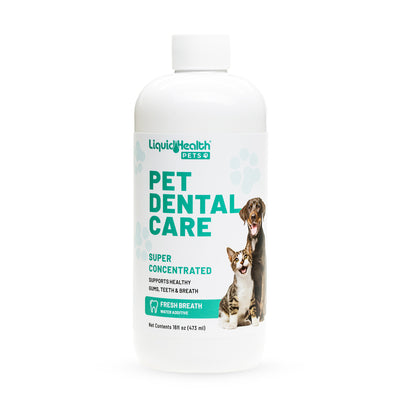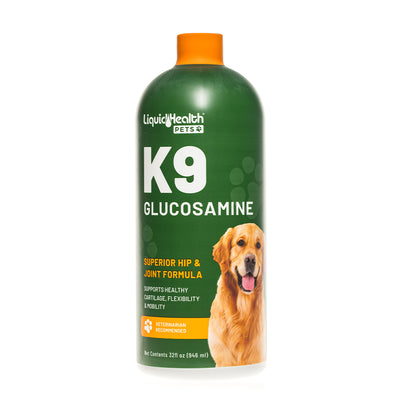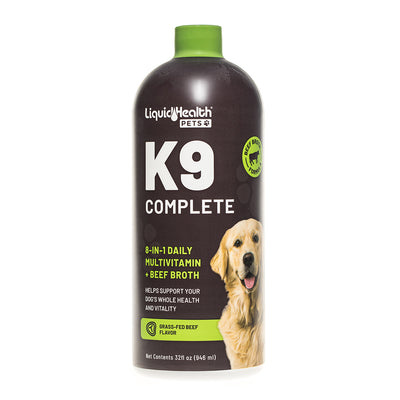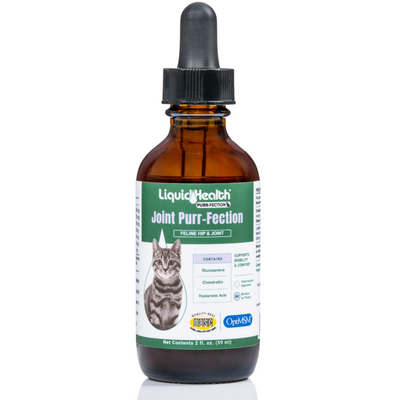 I’ve spent a lot of time talking about vitamins and healthy lifestyle choices for people on this website, now I’d like to turn some attention to the four legged friends in our lives! In this article I’m going to talk about vitamins for dogs, are they necessary, which should you consider and how to administer them.
I’ve spent a lot of time talking about vitamins and healthy lifestyle choices for people on this website, now I’d like to turn some attention to the four legged friends in our lives! In this article I’m going to talk about vitamins for dogs, are they necessary, which should you consider and how to administer them.
According to Drs Foster and Smith (on their website drsfostersmith.com) “Vitamins are necessary for literally tens of thousands of different chemical reactions in the body. They often work in conjunction with minerals and enzymes to assure normal digestion, reproduction, muscle and bone growth and function, healthy skin and hair, clotting of blood, and the use of fats, proteins, and carbohydrates by the body.” – So wouldn’t it stand to reason that if we need these things, so do our pets? I mean, they have chemical reactions and bone growth too, right?
Now something to consider when talking about vitamins for dogs, is a lot of dog food on the market today have vitamins and minerals added to it. So, if your dog is strictly eating enriched dog food, a multivitamin may not be totally necessary. However, if your dog eats lots of raw foods or even homemade dog food, you may want to consider adding a multivitamin to their diet.
When it comes to choosing vitamins for dogs, you should be as careful as you would be for yourself. Webmd.com suggests a few guidelines when shopping for a vitamin supplement:
1.) Read labels. Know the name of the ingredient you’re looking for, so you won’t be deceived by sound-alikes.
2.) Look for a lot number on the product, a sign that the company has set up quality control checks.
3.) Know the seller. Cooperman says ConsumerLab.com has found fewer problems with supplements sold at vet’s offices, although they do occur.
4.) Look for certification from an organization that has independently verified a supplement’s contents.
5.) Be cautious about giving human supplements to dogs. Some products, such as garlic, can be dangerous for dogs.
Also consider whether your dog needs everything that’s contained in a multivitamin, or just a few of its ingredients. There’s always a chance of overdose when it comes to vitamins (especially fat soluble ones) so be careful and check the amounts in each dose before administering to your pup!
As for ways to administer vitamins for dogs there are a few options, I’ve found pills, powders and liquids. Since I don’t have a dog myself, I can only assume that you’d give them a pill the same way you’d give them a treat and just hope they eat it all and powders are probably sprinkled on their food. With liquids I think you can do it syringe style (like giving a baby medicine) or mix it with their food or water, you just have to make sure they eat it all to get the entire dose.
It may be hard to decide between these choices, it may come down to price or convenience for you. If you want a little help knowing which will be best for your dog, I would remind you of my article on sublingual vitamins a couple of months ago. Vitamins in a sublingual spray or liquid form have been proven to absorb into the body much faster than other forms.
It can be hard knowing what the best thing to do is, especially since our dogs can’t always tell us what they think or need. Be safe and smart when deciding if you want to add any vitamins for dogs to your pup’s routine. If you’re ever in doubt, about any of this, always talk with your dog’s vet before starting or adding something new.





